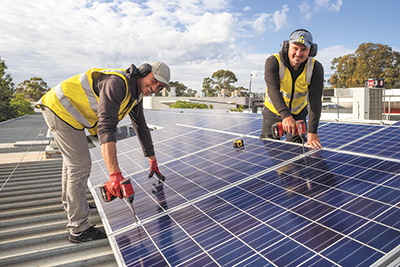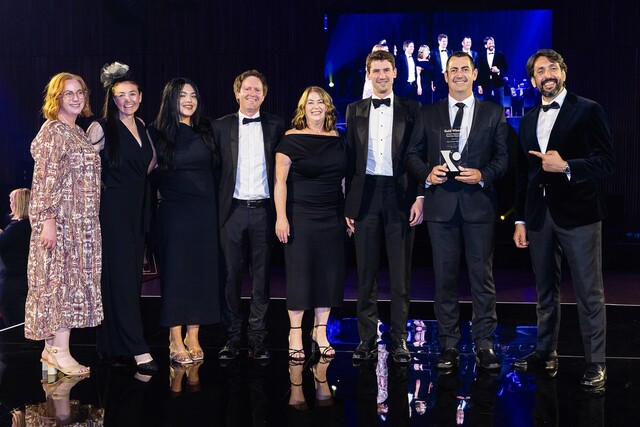Local councils across Australia are leading the way in sustainability and efforts to reduce emissions that are contributing to climate change.
For the City of Playford, South Australia, it’s a focus that is also delivering real budget savings.
Over the past five years, Council’s Environment and Building Assets Teams have worked collaboratively in delivering energy reduction across council assets with an investment of over $550,000 in the installation of solar panels on council administration buildings.
Assets Manager, Jon Roberts, said, “Data is showing through real time platforms, the installation of these solar panels has saved Council over $260,000 since 2015; it’s a responsible fiscal approach with environmental benefits”.
The City has also undertaken extensive energy efficiency upgrades as part of overall energy management of its buildings.
The installation to date covers a majority of the City’s larger assets where Council is responsible for paying the electricity consumption costs.
Numerous other buildings in Playford have also had solar panels installed, with the benefit for these being realised by the clubs and associations that lease the council owned buildings.
Council has played an active role in many successful solar installation grant applications for sporting and community groups through the Solar Towns Program.
“We’ve investigated the costs of installing battery systems in Playford, but have found that this option would be very expensive with a payback period of 10 plus years, making current investment unviable.
“Also as our sites are large energy users we are not eligible for attractive feed-in rates so all of our systems have been sized for day time load usage with very little going back into the grid.”
The City of Playford is continuing to investigate other methods to improve its energy management, looking to geothermal technology, glazing, lighting and power usage initiatives to further reduce consumption.

















